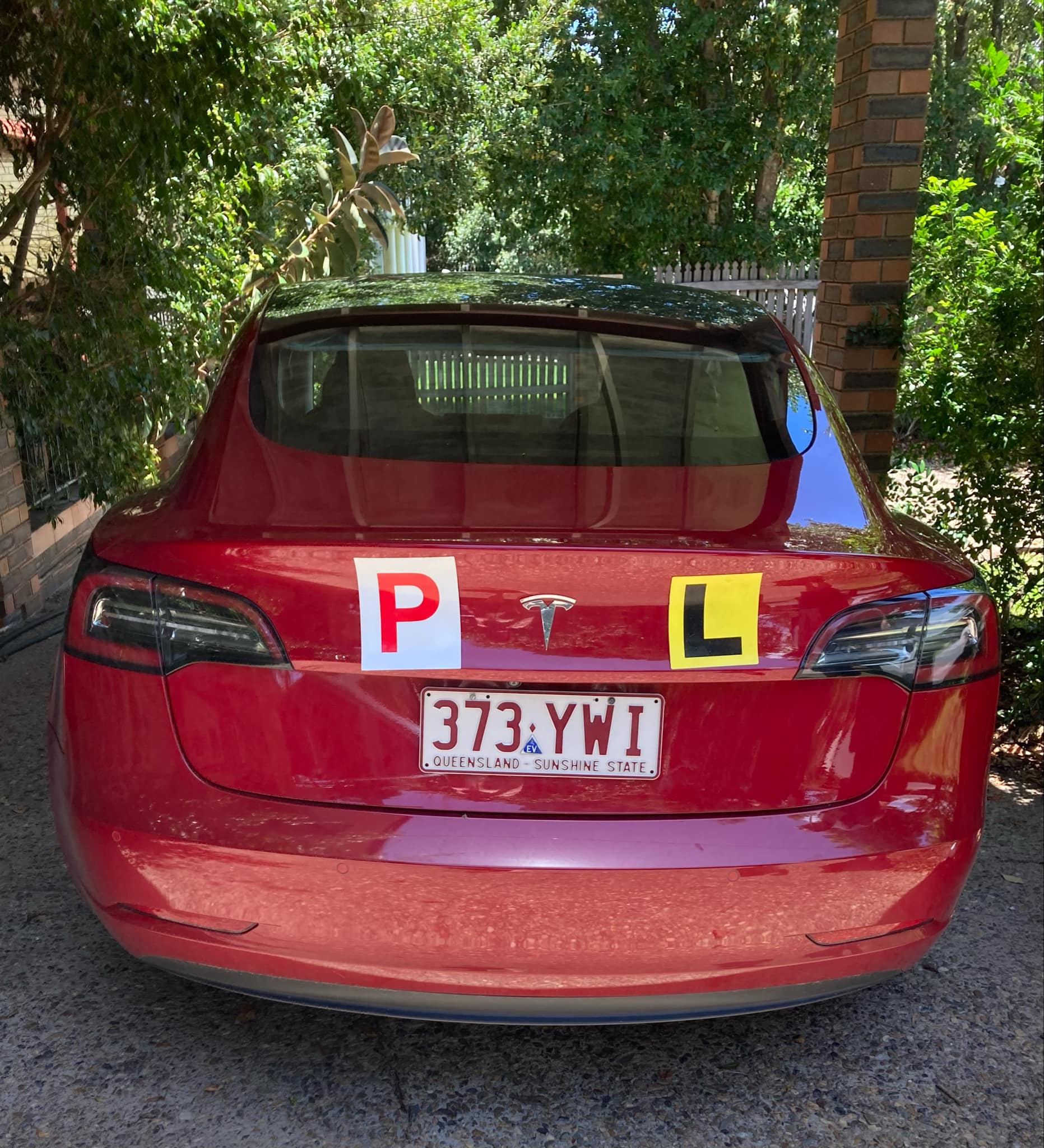
The Canadian and U.S. federal governments want to fundamentally reshape the automobile industry via regulations, mandates and subsidies. These efforts bring to mind the story of King Canute, and will likely end the same: failure.
At his height of power, so goes the story, King Canute ordered his throne to be set on the seashore. With royal authority, he ordered the tide to “not rise on my land, nor dare to splash either limb or robe of your lord.” Of course, the tide continued unabated (what’s often misunderstood is that Canute was actually trying to teach people about the limits of royal power).
The Trudeau government and Biden administration have mandated transitions to electric vehicles (EVs) over a relatively short period of time. The regulations, subsidies and other government interventions are meant to transform both what is produced in North America and what is sold. There are legitimate reasons to be skeptical—reasons both governments are ignoring and which will likely impose hundreds of billions in costs on Canadian and American consumers because unlike Canute, neither Trudeau nor Biden seem to recognize the limits of state power.
In late-2022, the Trudeau government announced its electric vehicle (EV) mandate. A minimum of 20 per cent of all new vehicles sold in Canada must be zero emission by 2026, at least 60 per cent by 2030, and 100 per cent by 2035.
In early 2023, the Biden administration proposed stricter automobile regulations requiring two-thirds of new vehicles sold in the United States to be electric by 2032.
According to data from Statistics Canada, sales of EVs and hybrids have grown but remain relatively small within the scope of total vehicle sales. In 2022, for instance, of the 1.5 million new vehicles sold in Canada, 6.5 per cent (98,589) were electric. (Another 7.0 per cent were hybrids, which don’t technically count towards Canada’s zero-emission target.)
To meet the Trudeau government’s 2026 target, that EV number must increase to more than 300,000 in just three years, and more than 900,000 by 2030, assuming no increase in the total amount of vehicles sold. In other words, the growth in EVs must be exponential over the next seven years to come anywhere close to the Trudeau government’s mandate.
South of the border, according to data on vehicle registration from the U.S. Department of Energy, the number of registered EVs increased from 280,300 in 2016 to 2.4 million in 2022. But out of 283.5 million registered vehicles in 2022, EVs represented only 0.9 per cent of total vehicle registrations. If domestic sales rather than registration are measured, EVs represented 3.4 per cent of sales in 2021.
These relatively small shares of total vehicle sales exist within a context of substantial subsidies for EVs. Ottawa, for instance, provides subsidies in the form of tax credits of between $2,500 and $5,000. The U.S. federal government provides subsidies between $2,500 and $7,500 with many states offering additional subsidies.
Put simply, despite the subsidies and push by governments for EV adoption, consumers are not buying them to the extent predicted or required to meet the respective government mandates. Indeed, in response to actual consumer demands, both Toyota and Ford have already indicated a refocusing on hybrids rather than EVs. Ford, for instance, announced in March 2023 that its EV division would lose $3 billion this year, after losing $2 billion in 2022.
The basic problem is that both Trudeau and Biden are fighting the laws of economics. They both believe in the efficacy of the heavy-hand of government intervention and their ability to pick winners and losers in consumer markets instead of relying on individual consumers to make economic decisions. The fact that consumers are not overwhelmingly choosing EVs—despite mandates and subsidies—should inform policymakers in both countries. Like Canute’s demands on water tides, Trudeau and Biden’s top-down commands, countering the laws of economics, are doomed to fail. But unlike the Canute story, average citizens will bear the costs of such failures, which could be substantial.
Authors:
Executive Vice President, Fraser Institute
Senior Fellow, Fraser Institute
Director, Addington Centre for Measurement, Fraser Institute
Share This:
Next Article




